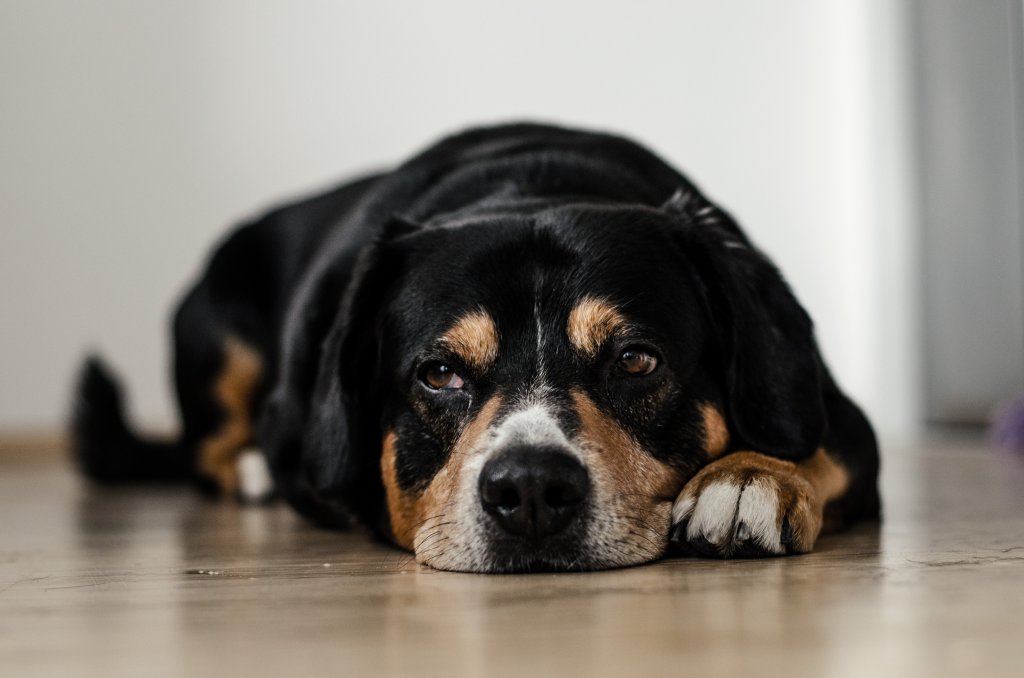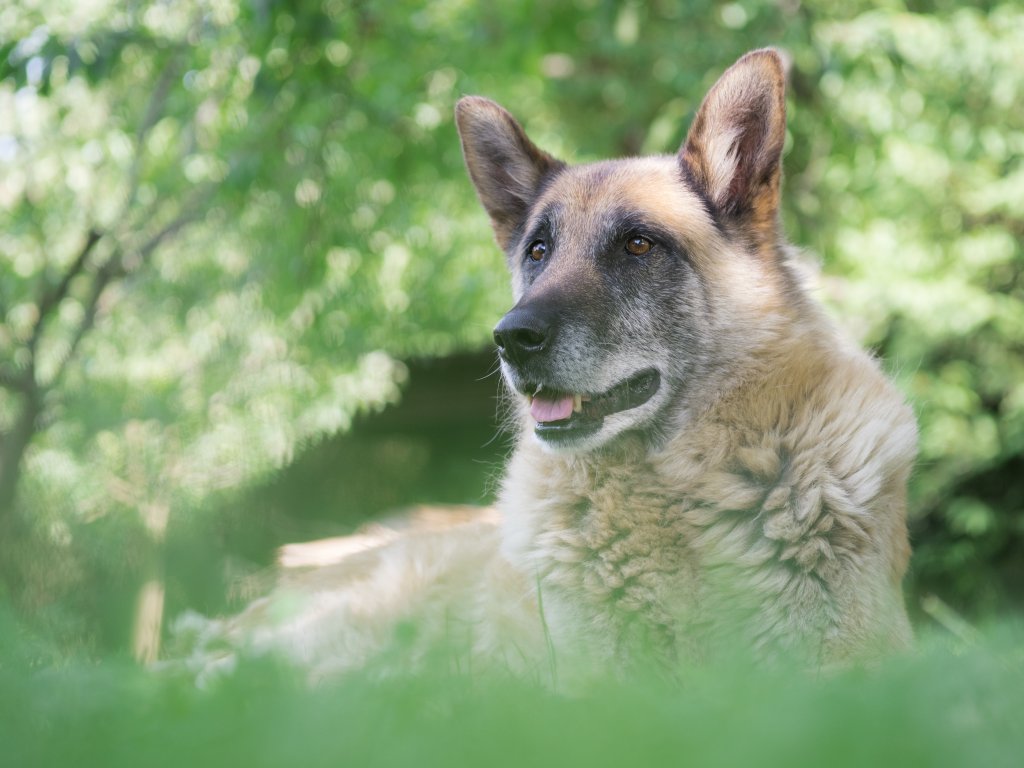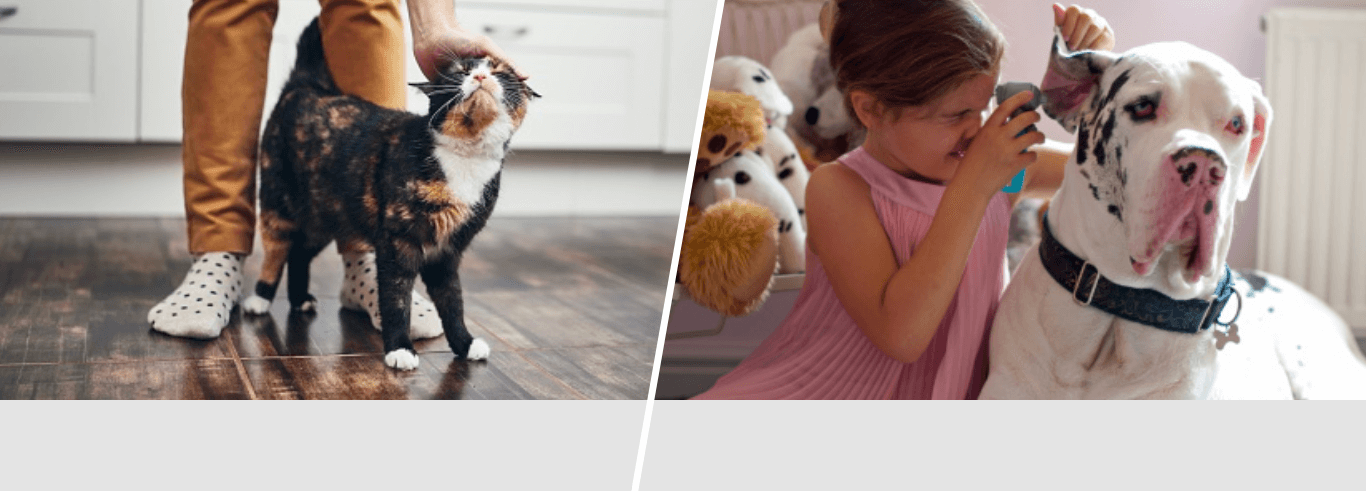Senior dog care: How to care for older dogs
Understanding your dog’s wants and needs as they age is an important part of keeping your precious pooch happy and comfortable as they reach their senior years. Which is why we’ve answered your most asked questions regarding caring for senior dogs and provided our top tips to make caring for your elder dog as smooth and easy as possible.
What is a senior dog?
So, what actually is a senior dog and at what age is a dog classed as senior? The type of breed and height of your dog can impact how soon they reach their senior dog years. However, the average senior ages vary between five and twelve years old, explore our guide to the signs of your dog getting old for more information on senior dog ages.

What is the healthiest dog food for senior dogs?
When it comes to choosing the best food for senior dogs, you should opt for the food that is specifically catered to them. Dog food for senior dogs includes certain ingredients that are more suited to them, therefore switching their food and treats to those that are age-appropriate will ensure that they are getting the right nutrients to help them lead a happy life.
How many hours do senior dogs sleep?
Just like humans, as dogs age, they tend to require more rest and sleep. A senior dog can sleep anywhere between 16 to 18 hours a day, which is a significant increase from most younger dogs. The number of hours they sleep will vary depending on the breed and overall health of your dog, but it is completely normal for elder dogs to spend more time sleeping due to a decrease in energy levels as they age.
Why do older dogs pant?
As dogs age the muscles they use to breathe slowly become weaker, which results in them finding it easier to breathe slower or pant. However, there are respiratory conditions that result in older dogs panting, which we cover in our signs that your dog is getting older guide. If you have concerns about your senior dog panting a lot, take them for a check-up with the vet to rule out any potential issues that could be causing them harm.
How much exercise is too much for a senior dog?
Even though your dog may be ageing, they still need a relatively good amount of exercise. If they can’t go for their usual walks, try reducing them and adopting the ‘little and often’ approach. Rather than one or two long walks a day, take them out for shorter strolls, or even just around the garden. It’s important to make sure your senior dog is active but isn’t being worn out, this is why short interval walks or 10-15 minutes of playtime every so often is a great way to keep them moving. This will benefit them both physically and mentally.

Keep up their hygiene & grooming
If you don’t already, it’s a good idea to start with a hygiene routine. This can include brushing your dog’s fur regularly, as well as cleaning their teeth and ears every so often. A routine like this can often help to avoid infections and can help them live their life more comfortably.
Explore our guide to cleaning your dog properly for more information.
Take your dog for check-ups
Book your senior dog in for regular check-ups with the vet to make sure that they are as happy and healthy as possible. This allows the vet to spot any signs of infection, disease, or conditions that could turn fatal without an early diagnosis.
We hope our caring for senior dogs guide has helped you feel more prepared when it comes to knowing how to look after your precious pooch. Remember, it’s important to keep yourself protected from unexpected vet bills with Argos Pet Insurance, provided by Pinnacle Insurance Ltd. Check out our dog insurance policies today.
 Sorry, our lines are now closed
Sorry, our lines are now closed



